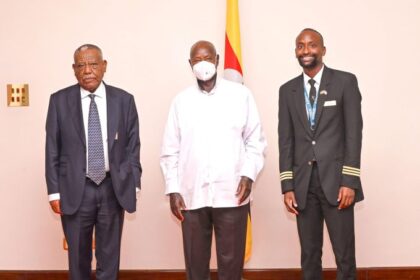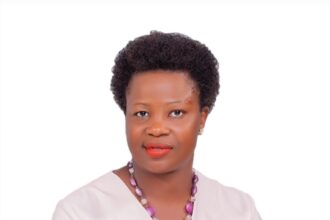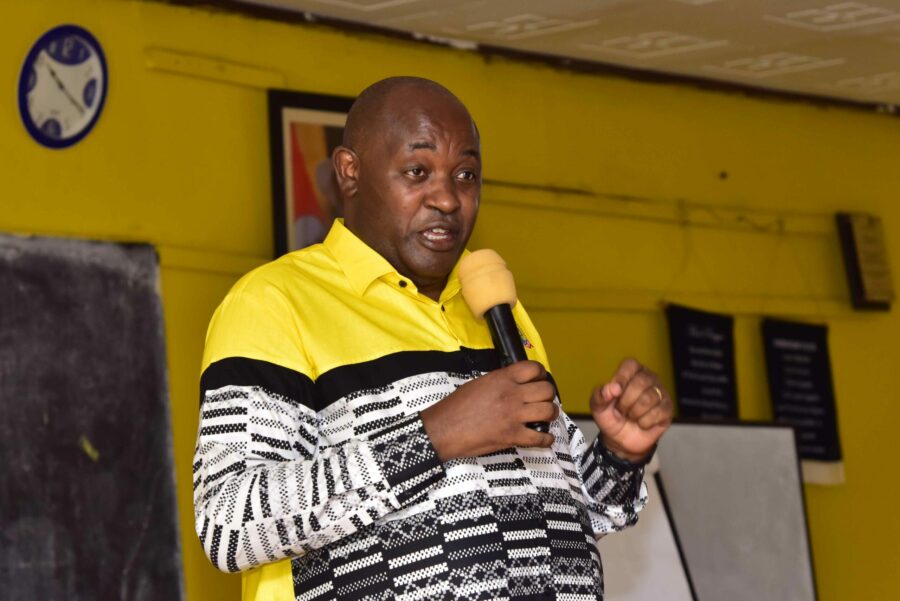By Dr. Ian Clarke
This week I travelled to Dakar, Senegal, which is as far as one can travel west from Uganda before reaching the Atlantic Ocean. I have never travelled to West Africa before, so it was a different cultural experience for me.
The reason I made the trip was to attend the Africa Health Business Symposium, a conference that brings public and private health sector players together from across the continent. I was not especially enthusiastic to go, since it is a nine-hour trip, but was persuaded to travel because of the unique mix of health sector players who were slated to participate.
Five years ago some doctors from the private sector in Uganda got together and formed an organization called the Uganda Healthcare Federation. The purpose of this organization was to represent the private health sector, so that we had a common voice, in the same way as manufacturers have the Uganda Manufacturers Association to represent them.
There are many organizations in the health sector, but they usually represent professions such as the Uganda Medical Association, which represents doctors, or the Pharmaceutical Society, which represents pharmacists. However, there was no sector-wide group representing the interests of the private health sector as a whole.
While we often think of government as having complete responsibility for the provision of health services, surveys have shown that private providers cater for at least half of the services.
Over the past five years governments across Africa have increasingly recognized the vital role played by the private sector and begun to engage with it. Uganda Healthcare Federation, combined with federations in Kenya, Tanzania, Rwanda, Ethiopia and South Sudan to form the East Africa Healthcare Federation, under the chairmanship of Dr. Amit Thakker, from Kenya, who then travelled across Africa nurturing other country and regional federations.
In 2016, The East Africa and West Africa Federations signed an MOU in Nairobi as the founder members of the Africa Healthcare Federation, and the conference in Dakar was the outcome. The conference brought together delegates from over thirty African countries, and was not just a gathering of the private sector, but ten Ministries of Health were also represented, including Uganda. Hence there was meaningful dialogue between the private and public health sectors.
The significance of this is that African governments have now recognized they are not in competition with the private health sector, and that we all need to come together in the business of caring for the health of our people. In the past, the Ministries of Health tended to regard the private sector as profiteers who were only to be tolerated, but they now appreciate that we complement each other.
Healthcare is rapidly changing, and if we are to get the best value for money, both the public and private sectors must work together. In fact, Ministries of Health would be best to focus on standards, regulation, and means of financing rather than trying to provide all the services, and delegate some services to the private sector. For example, the private sector is more adept at keeping high tech medical equipment running than governments are, simply because of the bureaucracy that is involved in public procurement.
Hence a machine in a government hospital may only need a small component, but the process of acquiring it can be cumbersome, hence the machine lies idle for months. The major issue for the private health sector is the means of payment because they are not subsidized (like many of the faith based institutions) and must charge the real cost of the service. Hence private providers are usually clustered in the cities serving the people who have insurance cover or the ability to pay.
Through the Africa Healthcare Federation the private health players will increasingly have a say in the health policy of governments. The annual East African conference will be held in Addis in June 2018, followed by the third Africa Health Business Symposium in Johannesburg in October. While this year we discussed public private partnerships, next year we will focus on technology and financing in health.
Giant strides are being made in healthcare technology, which has the possibility of bringing healthcare closer to the people through the use of smart phones, algorithms, task shifting and e-wallets. Africa stands to gain more from these advances than any other continent because technology can leapfrog the challenges we face due to poor infrastructure.
However, governments and the private sector will need to work meaningfully together to harness such technology, and governments need to provide the regulatory and financial arrangements, which will ensure that we take advantage of such advances. At least now the private health sector is sitting at the table and is not on the menu.
Do you have a story in your community or an opinion to share with us: Email us at Submit an Article





